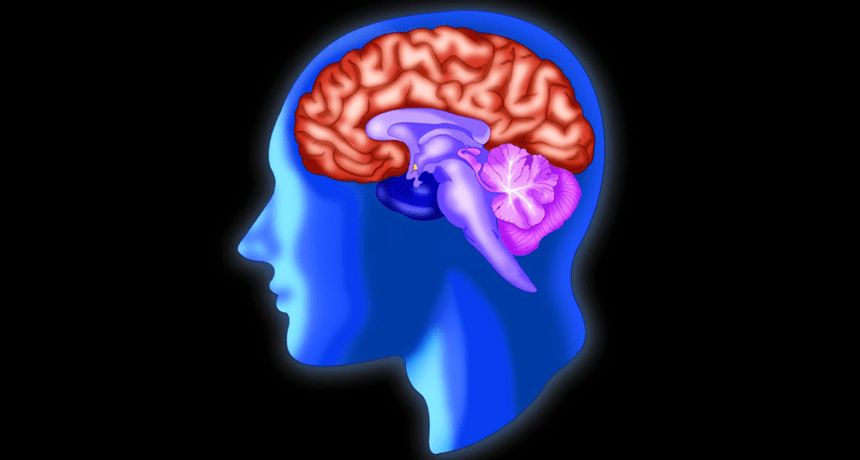Learning in your sleep
Sleeping people can be taught to make connections between sounds and smells

Your brain is so eager to learn that it does so even while you sleep, scientists recently found.
National Institute of General Medical Sciences
Share this:
- Share via email (Opens in new window) Email
- Click to share on Facebook (Opens in new window) Facebook
- Click to share on X (Opens in new window) X
- Click to share on Pinterest (Opens in new window) Pinterest
- Click to share on Reddit (Opens in new window) Reddit
- Share to Google Classroom (Opens in new window) Google Classroom
- Click to print (Opens in new window) Print
Sleeping and learning go hand in hand, studies have shown for years. Even a brief nap can boost your memory and sharpen your thinking. But the relationship goes deeper than that. In a new study, scientists report that the brain can actually learn something new during sleep.
Scientists used to believe that a sleeping brain was taking a break. But it turns out it can be taught a thing or two, scientists reported in a scientific journal published in August.
“The brain is not passive while you sleep,” neuroscientist Anat Arzi told Science News. “It’s quite active. You can do quite a lot of things while you are asleep.” Arzi researches olfaction, or the sense of smell, at the Weizmann Institute of Science in Rehovot, Israel. She worked on the new study.
Arzi and her coworkers didn’t try to teach the sleeping volunteers any complex information, like new words or facts. (So sleeping on top of your study notes won’t boost your grades.) Instead, the scientists taught snoozing volunteers to make new connections between smells and sounds.
When we smell something nice, like a flower, we automatically take deep breaths. When we smell something bad, like the stench of a dumpster, we automatically take short breaths. These natural reactions maximize our exposure to good smells and minimize our exposure to bad ones. Arzi and her coworkers based their experiment on these reactions and the knowledge that our senses don’t turn off while we slumber.
Once the volunteers fell asleep in the lab, the scientists went to work. They gave the volunteers a whiff of something pleasant, like shampoo, and at the same time played a particular musical note. The volunteers didn’t wake up, but they did hear — and sniff deeply. Then the scientists gave the volunteers a whiff of something repulsive, like rotten fish, and played a different musical note. Again, the volunteers heard and smelled — a short snort this time — but didn’t wake up. The researchers repeated the experiment while the volunteers slept.
After just four repetitions, volunteers made a connection between the musical notes and their paired smells. When the scientists played the musical tone that went with good smells, the sleepers inhaled deeply — even though there was no good smell to sniff. And when the scientists played the musical tone that went with foul odors, the sleepers inhaled briefly — despite there being no bad smell.
“They learned what the tone signified,” Arzi concluded.
The next day, the volunteers woke up with the sound-smell connection intact. They inhaled deeply when hearing one tone and cut their breaths short when hearing the other. Which must have been odd for them: Imagine walking down the street and taking a deep breath upon hearing a particular sound!
Power Words
neuroscience The scientific study of the structure or function of the nervous system and brain.
nervous system The network of cells and fibers that transmits information to different parts of the body.
conscious Awake.
olfaction The sense of smell.






